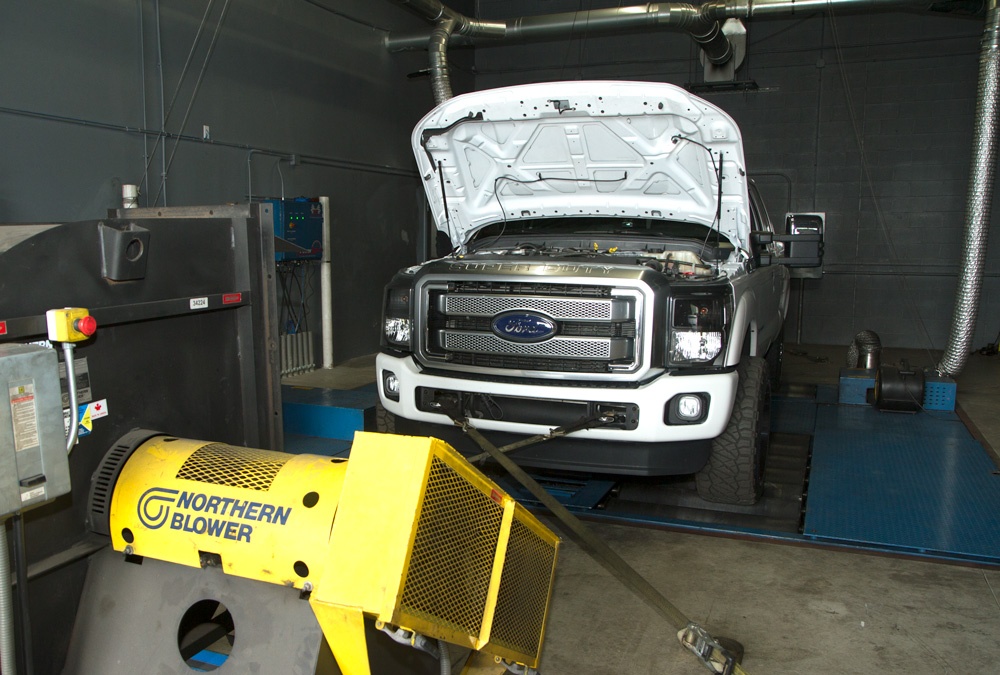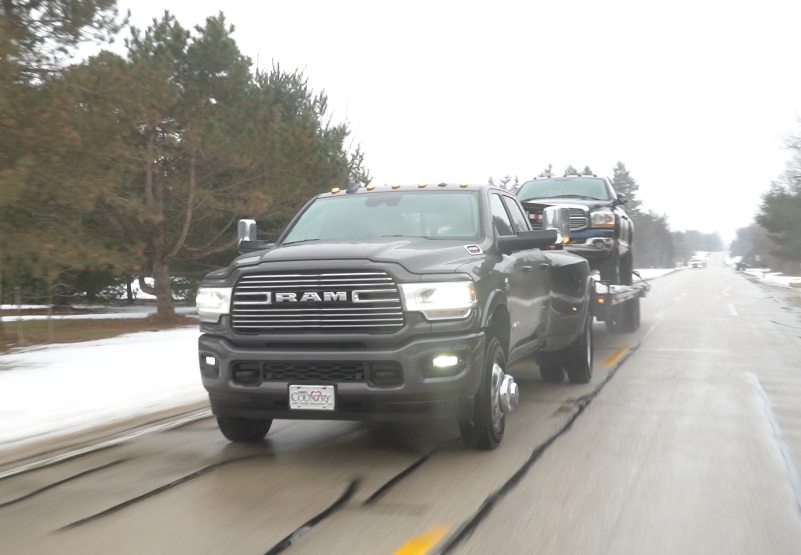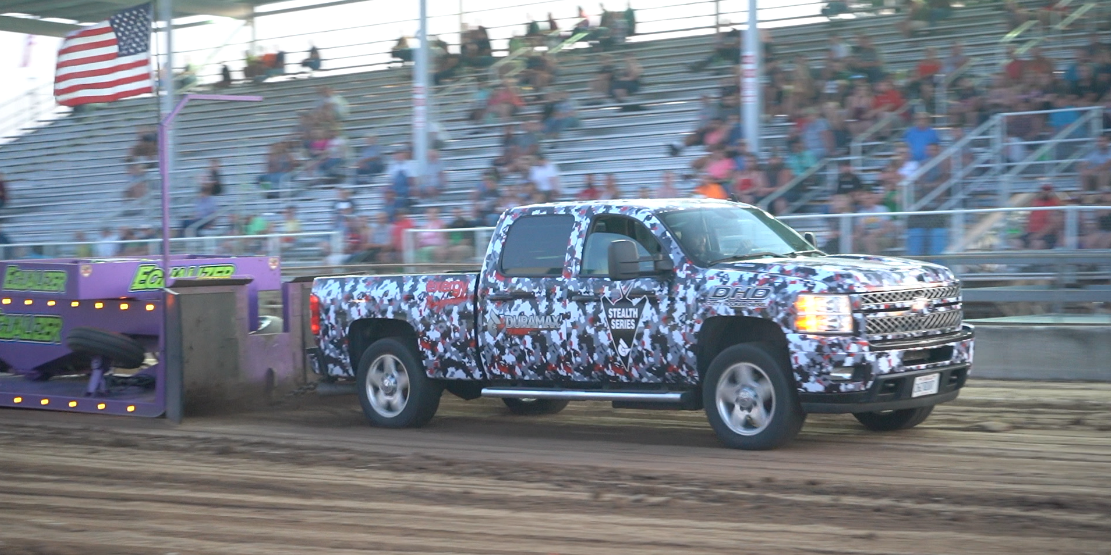
Balancing Performance, Heat, and Reliability
Hold a cigarette lighter up to your thumb for a split second, and you can probably tolerate it. Hold a lighter up to your thumb for 5 seconds, and you'll probably want to get the ice water ready. During those 5 seconds you're quickly using up your thumb's heat buffer. This parallels exactly what happens inside your engine when pulling up a grade at GVW or passing on the highway. Your engine has been well engineered with heat transfer pathways, designed to dissipate heat from the 'front lines' the same way the blood in your veins moves heat away from your skin in the cigarette lighter experiment. In the performance realm we are mainly concerned with 2 elements of these pathways, the first is the amount of heat the system can hold and the second is how quickly the system can move heat from the source.
"Your engine has well engineered heat transfer pathways to dissipate heat . . ."

What is "horsepower overhead"?
Compare two 300hp turbocharged/inter-cooled engines, one in a 4500lb sedan and the other in a 7500lb truck designed to tow 20,000 lbs. The engineers of the sedans turbocharger and inter-cooling systems know there's likely no scenario where the engine will run for 15 seconds at full output without the availability of 75 mph worth of fresh air to cool things off. Compare that scenario to the truck operating at 300hp for 8 minutes to reach a top speed of 45 MPH while towing up a grade. It should make sense to you that engineers in the second scenario would select a much larger radiator, inter-cooler, and turbocharger along with piston cooling which work together to help shed heat over the duration of the pull. For that reason we say the 300hp truck has much more overhead built into the system. As a performance enthusiast this statement should illuminate a light bulb above your head. When there's overhead in the system it means that when we're not operating at GVW we can rely on that overhead to buffer the system at higher output, something closer to 450hp perhaps.

Hot? No, the A/C is running. I'm ice cold in here.
As a tuner, when I'm asked "How hot is too hot?" my response is always to ask for how long (as a tuner, I'm obligated to answer your first 2 - 3 questions with a question). Also, when I'm asked to recommend a customers next power modification it's very helpful to know if the power is intended to be used while towing or just for 5-10 seconds at a time. Quick power availability in a truck is usually much less expensive because as a tuner we can push the turbocharger and inter-cooling system past it's efficiency threshold in search power and still count on the heat transfer systems to keep us safe in the short term. In a long duration scenario the additional heat produced at higher power levels compounded by the inefficiencies of operating the turbocharging system beyond it's efficient window can quickly push the system toward over-temp. In a well configured electronically controlled system this boundary is where the engine controller steps in and cuts back power to keep the system safe. If those controls aren't in place the outcome is usually expensive. When considering power upgrades for use while towing we should be considering upgrading the turbocharger to design that's in its efficient window at the new power level and we should be looking at a piping/inter-cooling system that can shed heat at a higher rate. These upgrades will eliminate the compounding effects of operating beyond the efficient window but will not get you out of the woods entirely. You'll still be relying on the radiator and oil cooling systems designed for 300hp to shed the heat of 450hp. They'll likely be okay at sea level at 70 degrees, but may still be taxed at 4500' elevation as temps crest 90 degrees and A/C is running.

"Don't be shy, we're gearheads who love talking to gearheads."
Configuring a performance system is a balancing game. For most everyday-enthusiasts there's no intention tow above the GVW. They're perfectly satisfied taking advantage of the extra overhead while unloaded with one of our sport/economy tunes and switching to lower power tow tune on the occasion they hitch up to something heavy. If there's a temptation to use the extra power while towing or a general need for more power than the 'race' files can offer then we're here to help coach and guide. Don't be shy, we're gearheads who love talking to gearheads. We're happy to help you design the best power recipe for your needs.






